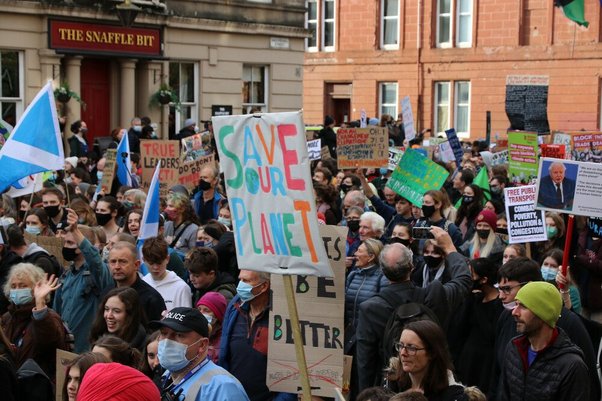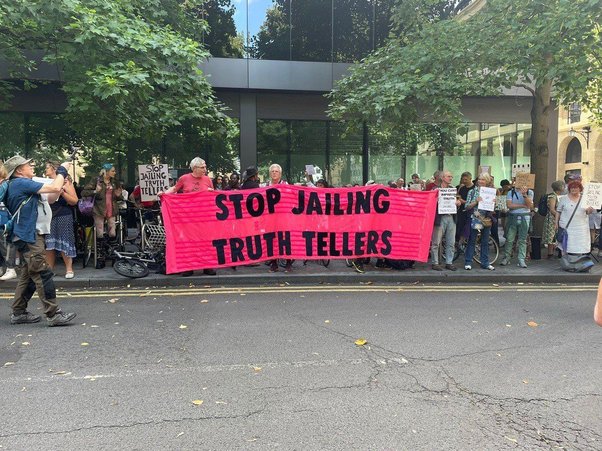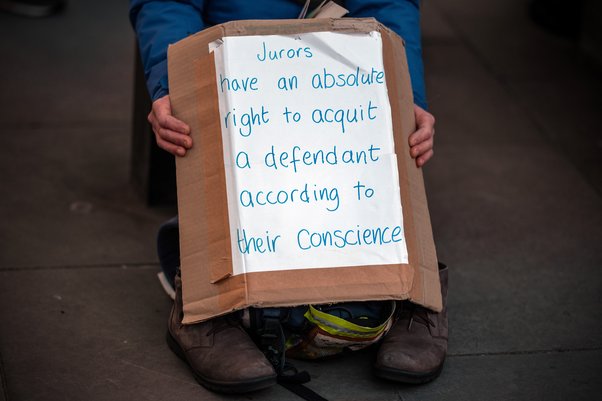The EU is the largest economy in the world. European companies operate everywhere and in every sector, from extractives to garments to finance. How they behave matters. Yet for decades, European companies have profited from human rights abuses, environmental destruction and climate breakdown.
In April 2020 the EU’s Commissioner for Justice committed to introducing a new law to hold corporates to account. The law is expected to include a due diligence requirement for businesses aimed at preventing and mitigating their negative human rights and environmental impacts, and provisions to ensure that victims can hold them liable when they suffer harm.
The European Parliament has signalled strong support for the legislation, reflecting a broader and growing consensus in civil society, business and amongst members of the public on the need to end corporate impunity.
The European Commission recently held a public consultation on the new law. Given the huge footprint of European businesses, it was important that citizens and organisations around the world had their say. Global Witness led efforts in partnership with Anti-Slavery International, Avaaz and Clean Clothes Campaign to increase global participation in the consultation using a digital tool.
The response was overwhelming.
Nearly half a million strong
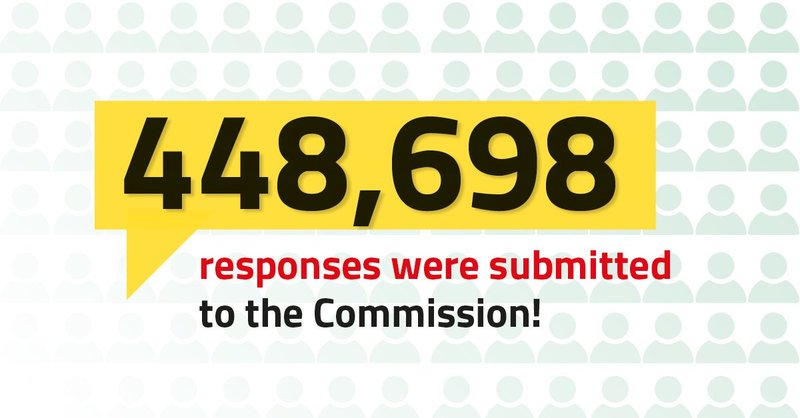
In total, 448,698 consultation responses were submitted using the digital tool with participants coming from every part of the globe. Among these were approximately 700 civil society organisations and academic institutions that showed support for the legislation. Alongside these, hundreds of thousands of citizens added their voice to growing calls for a new, strong law to hold companies accountable.
Here’s what they said
Participants sent a strong clear message to the Commission in support of robust human rights and environmental due diligence legislation. Fundamentally, the due diligence requirement should apply to all companies operating in the EU or accessing the EU’s internal market and would cover their operations and entire value chains. But also, it would create consequences where there were none before. Companies could be held liable both for breaches of the due diligence requirements and for harms that they caused, contributed to or could have prevented, but didn’t.
Across the submissions, four key issues stood out:
1. Indigenous communities are under threat
Consultation responses highlighted the enormous risks faced by human rights, land and environmental defenders who take a stand against harmful corporate activities. Reports of criminalisation, displacement, unlawful use and seizure of land, destruction of property and violence signal a total failure to protect the rights of local people, communities and activists.
Indigenous groups in South and Central America pointed to high levels of vulnerability, with several struggling to retain ownership or control over their ancestral lands. Indigenous populations are on the front line of the climate crisis – attacking them leads to further environmental destruction and climate breakdown.
Respondents called for legislation to ensure that companies are required to adhere to international standards on free prior and informed consent and respect indigenous communities’ rights, lands and culture.
2. Companies must be held accountable
Several submissions demonstrated how human rights and environmental harms continue to occur in companies’ operations and value chains, without consequences for those involved.
For this legislation to lead to lasting change it must create real routes to hold companies to account for their harms. A range of measures were proposed including (a) civil and administrative liability for companies that cause harm to people or the planet; (b) a due diligence duty that requires public disclosure of the steps taken and the effectiveness of those; (c) a requirement to provide effective remedy to victims; and (d) an enforcement body empowered to investigate, receive complaints and impose penalties on companies.
3. Victims need access to effective remedy
In pursuit of profit, companies have rolled out countless projects with devastating consequences for communities around the world. From pollution to land grabs to assassinations - in the vast majority of cases, victims are left without remedy.
Currently, those who try to bring cases face a long, expensive, complicated journey. The legislation should create clear routes to remedy for victims, empowering them to bring claims against EU companies in EU courts, regardless of where they suffer harm. Many struggle to establish their standing to bring a case and gather the evidence they need for this. As they do, well-resourced corporate legal teams fight tooth and nail, worsening the prevailing imbalance of power. In addition to judicial avenues for recourse, companies must offer more immediate forms of remedy or face consequences for failing to do so.
4. Voluntary standards are inadequate
Finally, it is clear that self-regulation, voluntary approaches and non-binding frameworks have failed to change the behaviour of companies or hold them to account for their harms. Although the UN Guiding Principles on Business and Human Rights and the OECD Guidelines for Multinational Enterprises clarified businesses’ responsibilities on human rights, the environment and good governance ten years ago, companies continue to pay lip service to these standards while wreaking havoc around the world.
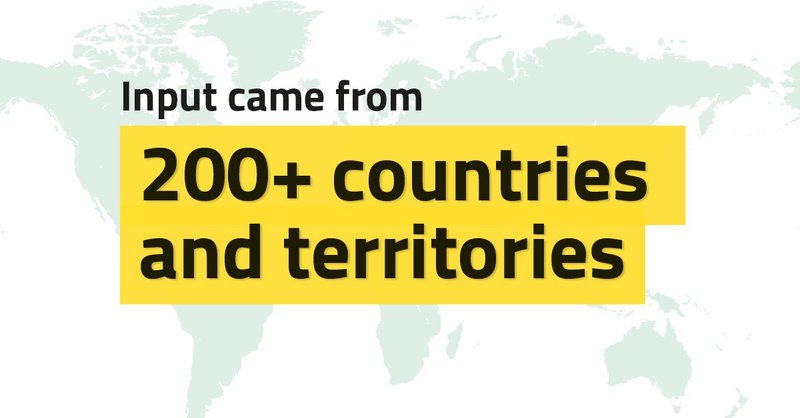
Expectantly waiting
From every corner of the globe, people came together to call on the EU to introduce robust legislation that would create much needed accountability for business. It’s high time that we change the rules for businesses. The Commission now has a clear mandate to introduce legislation which puts people and our planet first.
